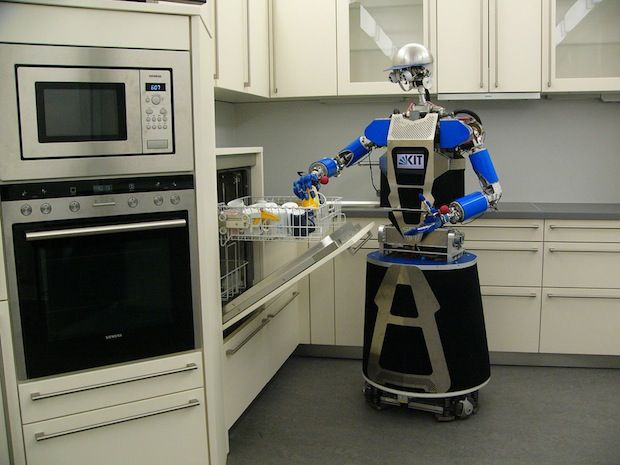First let me make it clear that I am not in any way in favor of the KosherSwitch, and don't support its use in normal situations. It's pretty clear that I'm not alone in this view. That being said, a few comments:
Most lay people have trouble distinguishing between sha'at hadchak and lechatchila. One person's lechatchila is another's sha'at hadchak. Would you suggest to someone minimally religious, who tells you that they use the lights in their home - to install this switch? Is it permissible in medical situations? Security situations? Would you install one (or a similar switch) in your shul connected to an emergency alarm in case of medical emergency or some kind of terror attack? A person versed in halachic thinking readily appreciates the nuanced differences, but lay people often wonder at our nuanced perspective, and adopt the lenient view thinking, "I'm not that frum anyway."
Many rabbis have criticized the KosherSwitch as a device which will essentially ruin the essence of Shabbat, turning it into a glorified Sunday. Again, for technical halachic reasons, I'm against using this switch in normal situations. But I don't know how we're supposed to claim that using electricity ruins the spirit of Shabbat, when we do it all the time.
Many years ago, in a famous responsa, Rabbi Moshe Feinstein severely limited the use of Shabbat timers, as he considered having melachot being performed automatically to be a violation of Kibud Shabbat. He only permitted, begrudgingly, the use of Shabbat timers for lights, but not anything else.
He forbade their use, and the world adopted their use for everything from air conditioners to lights to alarm clocks (they have kosher clocks too, with haskamot of poskim). Essentially, we live in a world that universally allows the switching on and off of electrical devices on Shabbat as long as we do it beforehand. And we don't bat an eyelash about it. Has this practice turned Shabbat into Sunday? Hardly. It's just what we're used to.
Would a rabbi permit a quiet Shabbat robot to sweep the floor after we go to sleep on Friday night? How about a dish washing machine that works on a timer, and washes the dishes so they can be clean on Shabbat morning? (may authoritites already allow this). Why is it greater shmirat Shabbat for me to have to wash those very same dishes by hand? I can well envision my grandchildren (I should live and be well) asking me: "What? You washed dishes by hand on Shabbat morning? Why?" How would we feel about a robot that was programmed to clean the table and clear the kitchen after we've already gone to sleep? (not yet invented, but is it that hard to imagine?) Why are we OK with live "help", but find mechanical assistance so troubling?
I get the sense that halachah has yet to settle on a way of categorizing and addressing the incredible technological advances we have witnessed over the past twenty years. We're fine with hashgachah (for kashrut) over video systems, but not with conducting a virtual minyan. We accept Shabbat clocks and lamps, but not switches. It's incredibly confusing for rabbis - much less your average ba'al habayit (layperson). This imbalance is natural and to be expected. A halachic system that slowly developed over centuries is not designed - nor should it - instantly digest incredible changes in lifestyle and society. Our natural halachic "conservatism" is what has maintained us all these years. And yet, we must also acknowledge that something is out of whack, and it will take time for things to come back into balance. We should not cavalierly dismiss people who use the Shabbos switch as "mechalelei Shabbos" who are "turning Shabbos into Sunday." While they might not have an explicit heter, that's a far cry from Chillul Shabbat.
I wonder what poskim who lived two hundred years ago would say about our Shemirat Shabbat - with our kosher lamps (which you essentially turn on and off) and our whole-house timers and our Shabbat ovens. I get a sense that they'd be shocked. I also have a strong feeling that our sense of what Shabbat is or is not will have very little bearing on the practices of future generations.
Their Shmirat Shabbat might look very much different than our own.


No comments:
Post a Comment
Comments transform a blog into a community. Please join.